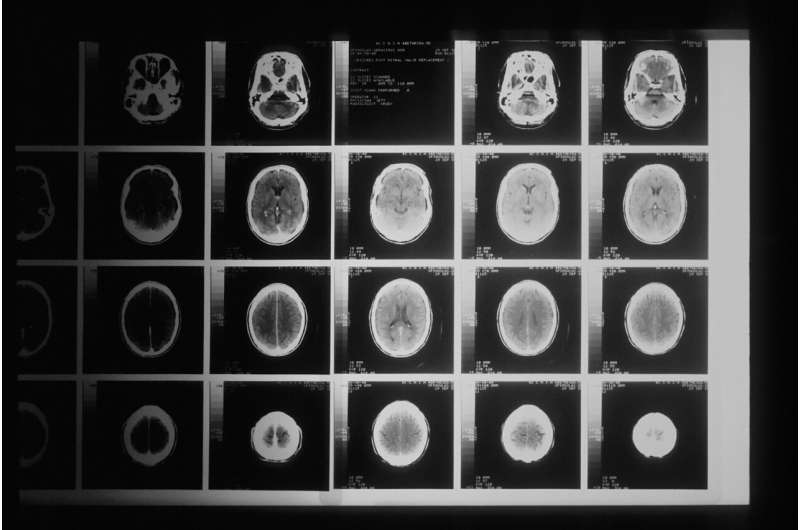Innovative Genetically Engineered Immune Cells Offer Hope for Organ Transplant Rejection Prevention

Researchers develop a targeted immunotherapy using genetically engineered immune cells to prevent organ rejection, offering hope for more precise and effective transplant treatments.
A recent breakthrough by researchers at the Medical University of South Carolina introduces a novel approach to reducing organ transplant rejection through genetically modified immune cells. The team has engineered a new type of immune cell capable of specifically targeting and neutralizing B-cells that produce harmful anti-HLA antibodies responsible for rejecting transplanted organs. This cutting-edge strategy involves the use of chimeric anti-HLA antibody receptors (CHARs), which are added to regulatory T-cells (Tregs). These receptors detect and bind to problematic B-cells, prompting Tregs to suppress their activity, thereby preventing immune attacks on the transplanted tissue.
This targeted immunosuppression approach is a significant advancement over the traditional use of broad-spectrum immunosuppressant drugs, which can weaken the entire immune system and lead to adverse side effects. By honing in on specific immune components, this method aims to preserve overall immune function while preventing rejection.
The study, led by Dr. Leonardo Ferreira, involved testing these engineered cells with samples from dialysis patients prone to kidney transplant rejection. Results demonstrated a marked reduction in anti-HLA antibody levels, suggesting the potential effectiveness of this tailored immune modulation. This development is particularly promising for pre-sensitized patients—those with prior exposure to specific HLA variants like HLA-A2—who typically face greater challenges in finding compatible organs.
Additionally, the research highlights the importance of maintaining immune balance: while immune responses are vital for fighting infections, they must be precisely regulated to avoid unnecessary tissue damage or rejection. The CHAR-based strategy exemplifies how innovative biotech can enhance immune regulation, making organ transplants safer and more accessible for patients with limited options.
Overall, this research opens new avenues for organ transplant treatment, aiming to improve long-term outcomes and reduce reliance on generalized immunosuppressants, potentially transforming transplant medicine in the future.
Stay Updated with Mia's Feed
Get the latest health & wellness insights delivered straight to your inbox.
Related Articles
Study Reveals 14% of U.S. Adults Begin GLP-1 Receptor Agonist Therapy Post-Bariatric Surgery
A new study shows that 14% of U.S. adults start GLP-1 receptor agonist therapy after bariatric surgery, highlighting its role in metabolic management post-surgery.
New Research Reveals Intramuscular Fat Impairs Muscle Regeneration and Strength
New research shows intramuscular fat hampers muscle regeneration and strength, highlighting the importance of reducing fat within muscles to improve recovery and health.
The Body's Peacekeeping Immune Cells and Their Role in Controlling Inflammation
Recent studies reveal how specialized immune cells called B-1a cells act as peacekeepers, controlling inflammation and potentially offering new approaches to treating autoimmune diseases and cancer.
Revolutionary Genetic Test Can Diagnose Brain Tumors in Just Two Hours
A groundbreaking genetic testing method can diagnose brain tumors in as little as two hours, vastly improving intraoperative decision-making and patient outcomes. Developed by the University of Nottingham, this technology uses nanopore sequencing to provide quick, accurate, and cost-effective tumor classification, transforming care for brain cancer patients.



